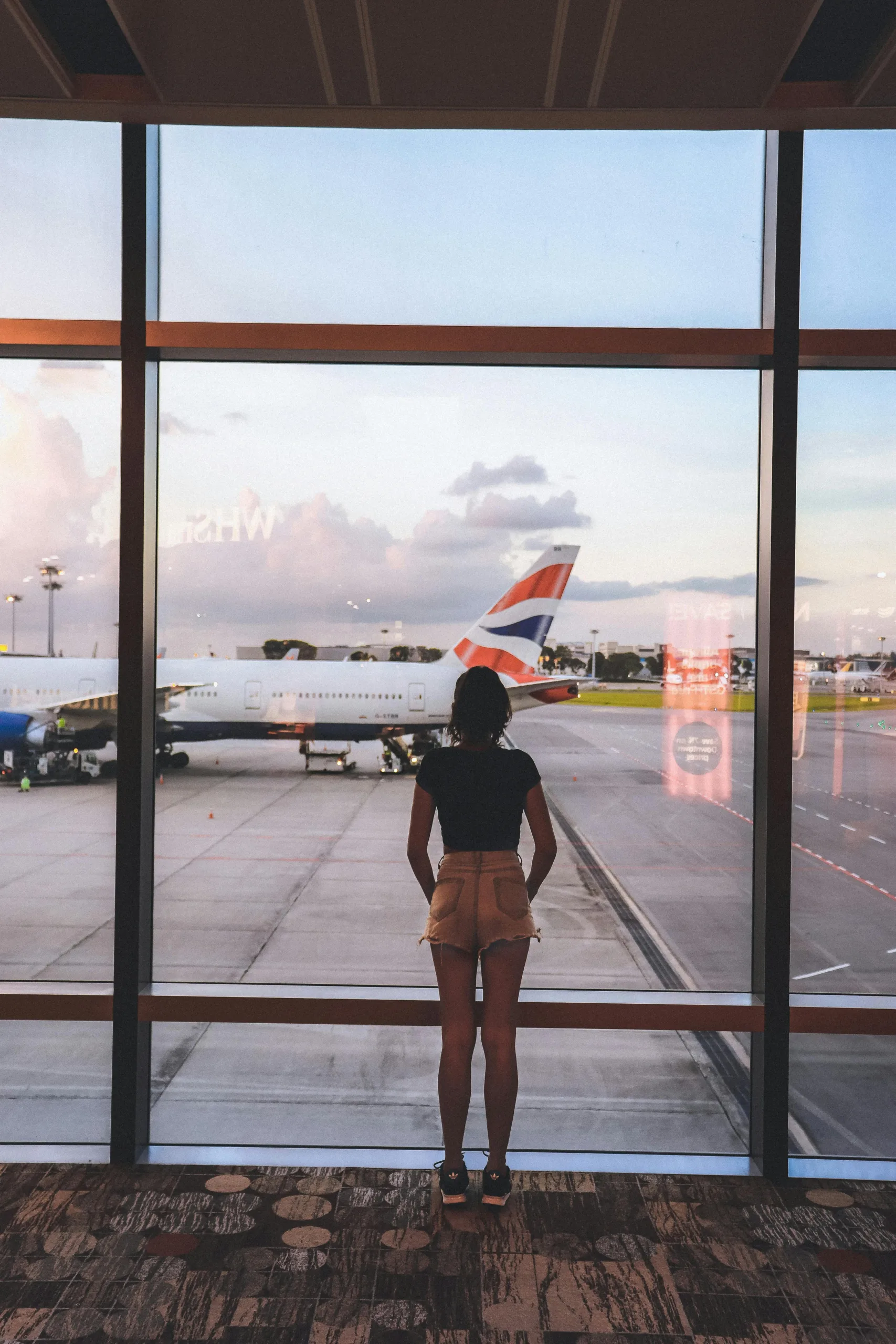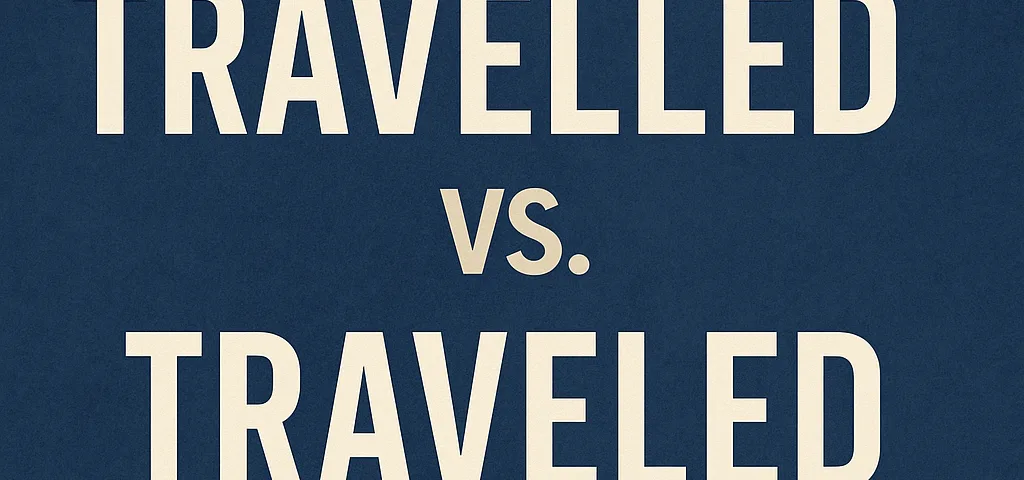
But Synonym: 13 Better Ways to Say “But” in English
July 11, 2025
Emergency Landing: What It Means and Real Stories
July 11, 2025Updated: July
Ever caught yourself typing and then wondering, “Hold on is it travelled or traveled?” Don’t worry, you’re not alone. Here’s the quick answer: both are correct. The only difference is where you are in the world. If you’re in the U.S., it’s usually traveled. In the U.K. or pretty much everywhere else, it’s travelled.
Now let’s break that down a bit more.
Travelling or Traveling: What’s the Difference?
This all comes down to American English vs British English.
- Use travelled, travelling, and traveller in British English (also in Canada, Australia, and more).
- Use traveled, traveling, and traveler in American English.
So when you see “travelled vs traveled” or “traveling vs travelling,” just think: Who’s reading this? Americans? Brits? Canadians? Let your audience decide.
Why Does American English Drop the Extra L?
Good question. Americans like things simple. In U.S. English, when you add -ed or -ing to a word like “travel,” they usually don’t double the last letter if the stress isn’t on the last syllable. So you get:
- travel → traveled
- travel → traveling
British English often does double the letter, even if the stress rule is a bit fuzzy:
- travel → travelled
- travel → travelling
So, it’s not about right or wrong. It’s about regional habits.
Traveled or Travelled in Formal Writing?
You might be asking, is it traveled or travelled in academic or professional writing? Again, it depends:
- Writing for a U.S. company or publication? Use traveled.
- Writing for a U.K. audience, British university, or international blog? Go with travelled.
Just be consistent. Don’t mix them in the same piece.
Travelling or Traveling? Try These Examples
Let’s see them in action:
- British: “We spent two months travelling across Europe.”
- American: “He’s been traveling for work nonstop.”
Both sound natural. They just follow different spelling rules.
What About “Travell“? Is That a Word?
Nope. Travell is not a correct spelling of the word.
It might show up in autocorrect fails or as a last name (like Janet Travell, JFK’s doctor), but it’s not a valid form of the verb.
So if you’re asking, “travel or travell,” always go with travel.
British vs American Examples (At a Glance)
Here’s a quick table to make it even clearer:
| British English | American English |
|---|---|
| travelled | traveled |
| travelling | traveling |
| cancelled | canceled |
| labelled | labeled |
| fuelled | fueled |
See the pattern? Americans usually drop that second “l.”

Quick Tip: Check Your Settings
Apps like Microsoft Word or Grammarly will automatically suggest one version over the other depending on your language settings. So if you’re constantly seeing red squiggles under “travelling,” it might just be that your spell check is set to U.S. English.
Final Thoughts: Which One Should You Use?
Here’s the bottom line:
- Traveled / Traveling = American English
- Travelled / Travelling = British/Commonwealth English
- Travell = Not a word, avoid it
Use whichever fits your audience, and stay consistent. That’s it.
FAQ: Traveled vs Travelled in Different Contexts
| Question | Answer |
| Is it traveling or travelling in sports commentary? | Both mean the same thing and refer to the act of moving from one place to another. In basketball, traveling (US) or travelling (UK) refers to a violation. The spelling depends on your region. |
| Do I write ‘She has travelled far’ or ‘She has traveled far’? | If you’re using British English, go with “travelled.” If you’re writing for an American audience, choose “traveled.” |
| Is it correct to say ‘He enjoys travelling’? | Yes! That’s the British spelling. In the U.S., it would be “traveling.” Pick one style and stick to it. |
| Which is right in a job application: ‘I have traveled’ or ‘I have travelled’? | Both are correct, but choose the version based on the country where you’re applying. U.S. = “traveled,” U.K./Commonwealth = “travelled.” |
| Can I use ‘travelled’ in AP style writing? | No. AP (Associated Press) style follows American English, so you should use traveled and traveling. |
| What if my document has both ‘travelled’ and ‘traveled’? | Avoid mixing. It looks inconsistent. Choose one form based on your audience or change your spell check settings accordingly. |
So whether you’re traveling for business or travelling for fun, now you’ve got the spelling sorted.




